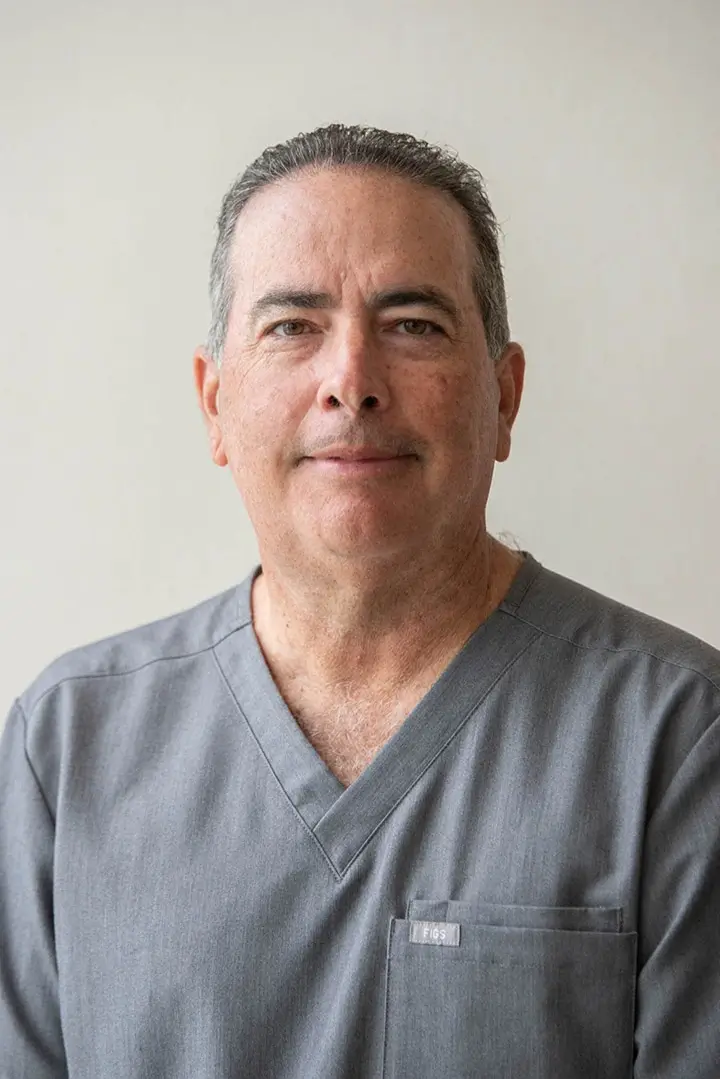Junying Yu, Ph.D., formerly an associate scientist and senior research fellow in Dr. James Thomson’s laboratory at the University of Wisconsin at Madison, has accepted an invitation to join the scientific research staff of Cellular Dynamics International (CDI), the company cofounded by Dr. Thomson.
According to Chris Kendrick-Parker, chief commercial officer at CDI, "Dr. Yu strengthens CDI’s scientific team and our ability to exploit our growing patent portfolio. Junying is one of the top stem cell researchers in the world, and with her on our team we feel confident that we will be able to provide additional, much needed stem cell research tools and therapies to the preclinical, and eventually clinical, market faster."
As Robert Palay, chairman and CEO of CDI, adds, "We are very pleased that, of the many offers Dr. Yu has entertained, she has chosen CDI to further her research and career. Her personal goals align with the company’s goals in being the leader in iPS cell technology, industrializing the process to create the quantity of cells required for use as tools and therapeutics and accelerating the process of bringing personalized medicine to realization."
As Dr. Yu stated, "I’m excited to join the team of scientists at CDI working towards personalized therapeutics. In vitro drug testing can be severely limited by the lack of physiologically relevant models arising from non-human animal models or models that do not appropriately reflect the target population. iPS cell technology overcomes these obstacles and offers the promise of generating differentiated cell types from virtually any genetic background."
Though already distinguished for her collaboration on a number of pioneering breakthroughs, in March of this year Dr. Yu received further recognition for her participation in the development of iPS cells without the use of dangerous viral vectors, a significant achievement which was described in an article published in the journal Science. This new procedure for developing iPS cells – which CDI has termed "iPS 2.0" – brings iPS cell technology one step closer to clinical applications. Prior to this particular breakthrough, Dr. Yu had already garnered attention for her participation in previous stem cell milestones which included the historic announcement in a November 2007 publication in Science in which she and the other members of Dr. James Thomson’s team first described the successful creation of iPS cells from human skin.
According to Dr. Thomson, one of the cofounders and currently the chief scientific officr of CDI, "It has been an absolute privilege to work with Junying for the past six years at UW, and I am excited to continue the relationship. Junying could have gone anywhere, but she chose CDI, an endorsement of which I am proud. I have always been optimistic in CDI’s success, however now I have great confidence. If Junying takes on a project, it succeeds."
Dr. Yu’s appointment to CDI follows a series of other recent announcements by the company that have included two exclusive licensing agreements – one with New York’s Mount Sinai School of Medicine, and the other with IUPUI, the Indiana University-Purdue University Indianapolis – as well as a new scientific breakthrough in which the company announced the first successful creation of iPS cells from normal human blood.
Based in Madison, Wisconsin and co-founded by the renowned embryonic stem cell pioneer Dr. James Thomson along with 3 of his colleagues in 2004, CDI specializes in the development of iPS cells for drug screening. Often referred to as "the father of embryonic stem cell science", James Thomson, VMD, Ph.D., was the first person ever to isolate an embryonic stem cell in the laboratory, first from a nonhuman primate in 1995 and then from a human in 1998. In addition to serving on the Board of Directors and as chief scientific officer of CDI, Dr. Thomson is currently also director of Regenerative Biology at the Morgridge Institute for Research and the John D. MacArthur Professor of Anatomy at the University of Wisconsin at Madison.
As anyone can see, clearly printed at the top of CDI’s website is the phrase, "iPS cells deliver". Contrary to popular opinion, therefore, and despite his distinguished background in embryonic stem cell (ESC) research, Dr. Thomson is no longer focused exclusively on ESCs but instead has turned the focus of his attention to iPS cells, of which he is also a co-discoverer and which he often describes as having a more immediate applicability in medicine than ESCs. Additionally, such an applicability of iPS cells is not so much in the development of actual cell-based therapies as it is in the screening of new pharmaceuticals, as clearly indicated by the commercial direction of CDI’s pipeline. As further described on their website, "Cellular Dynamics is working with scientists worldwide to develop and deploy a number of cell lineages derived from human pluripotent stem cells (hPSCs) as well as a wide range of screening assays and services to aid pharmaceutical development. Currently CDI provides cardiac toxicity drug testing services, including GLP and non-GLP hERG channel electrophysiological assays as well as action potential and cytotoxicity screens using cardiomyocytes. The company is developing additional cell types from iPS cells, including hematopoietic cells (mast and CD34+ cells, megakaryocytes, and red blood cells), hepatocytes, neural cells, adipocytes, and more."
(Please see the related news articles on this website, entitled, "Wisconsin Stem Cell Company Announces Licensing Agreement", dated July 15, 2009; "Cellular Dynamics Creates iPS Cells From Human Blood", dated July 8, 2009; and "Cellular Dynamics and Mount Sinai Sign Licensing Agreement", dated May 29, 2009).

